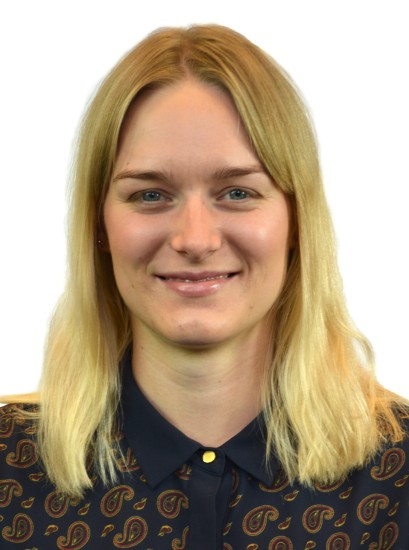- Social-ecological systems
- Response diversity
- Biodiversity-climate feebacks
- Ecosystem services
- Natures contribution to people
- Functional ecology
- Biosphere stewardship
Moa Ohlsson’s research focuses on biodiversity-climate interactions and the role of response diversity as an essential property of resilience in social-ecological systems
Ohlsson's PhD project explores the complex interactions between actors, biodiversity, and ecosystem functionality of terrestrial landscapes when exposed to multiple disturbances, including climate change. By using response diversity as a metric of social-ecological resilience, her research aims to understand the feedback mechanisms within systems where social and ecological dimensions are tightly coupled through management practices.
Her thesis will focus on how climate-driven biodiversity change alters the distribution of ecosystem functions in Europe, and how biosphere stewardship can reconstruct the actor’s options in the landscape.
Her PhD project contributes to empirical resilience assessments by providing a broad view of social-ecological response diversity and its main components. Her research will expand the ecological concept of plant functional traits to include the social dimension and explore the cross-scale dynamics of response diversity features.
Ohlsson holds a BSc in Environmental Science from Stockholm University and an MSc in Social-Ecological Resilience for Sustainable Development from the SRC. Her master thesis empirically explored the integrated social and ecological capacity of Swedish farmers to respond and adapt to drought.
After completing her master's degree, she worked as a research assistant in projects on the resilience of global food production. She also assisted in the module Ecosystem Support of Humanity, which is part of the SRC master’s program.
Before her position as a PhD candidate, she worked at The Global Economic Dynamics and the Biosphere Programme at the Royal Swedish Academy of Sciences. She supported projects on global health and biosphere stewardship as well as biosphere finance, focusing on the spatial correlation of child health outcomes and food system characteristics.

.jpg)

